International. From 2030, all new buildings built in the European Union must be zero-emission, while for public buildings the measure is brought forward to 2028, as approved by the European Parliament in recent days.
The regulation approved by the European Parliament - by 370 votes in favour, 199 against and 46 abstentions - will still have to be adopted by the Council of the EU to become official.
The Revision of the Energy Performance of Buildings Directive, last updated in 2018, also provides for Member States to renovate at least 16% of the worst-performing non-residential buildings in their territory by 2030 and 26% by 2035.
Buildings consume 40% of the EU's energy and are responsible for 35% of the EU's CO2 emissions, so the ultimate goal of the reform is to make all buildings in the European Union, new or old, climate-neutral by mid-century.
Costs
The European Commission estimates that the 27 member states will need €275 billion a year by 2030 to renovate the building stock, which is €152 billion more than in the current context, although the situation in each country is different and the costs will also vary.
For this reason, the directive gives flexibility to the Member States and each capital will be able to design its roadmap to achieve the objectives, in which it must quantify the estimated cost and describe where it will get the funds from, and which will be evaluated by the European Commission.
Exceptions are provided, for example, for historic, agricultural, military or temporary buildings.
The costs, if anything, will be partly offset by increased economic activity, cheaper energy bills, fewer citizens in energy poverty, and improvements for overall health by helping to improve air quality, according to the lawmakers' analysis.
Policymakers expect 40% of the funds to be public and 60% private, and highlight the role that the European Investment Bank will play in financing.
Heating & Power
The revision of the directive, which is based on a proposal by the European Commission in December 2021, also calls for phasing out fossil fuel heating systems by 2040 and stopping subsidizing hydrocarbon-based stand-alone boilers from 2025.
Another novelty included is that the obligation to increase energy efficiency through minimum thresholds that must be reached individually by each property disappears.
Member States will now have to ensure a reduction in the average primary energy used by residential buildings by at least 16% by 2030 and between 20 and 22% by 2035 and will also have to renovate 16% of the least efficient non-residential buildings by 2030 and by 2033 the 26% less efficient through minimum energy efficiency requirements.
They will also be required to ensure the installation of solar panels on existing new, public and non-residential buildings undergoing renovation requiring a permit, and will seek to strengthen the training of workers in clean technologies.
* With information from EFE.


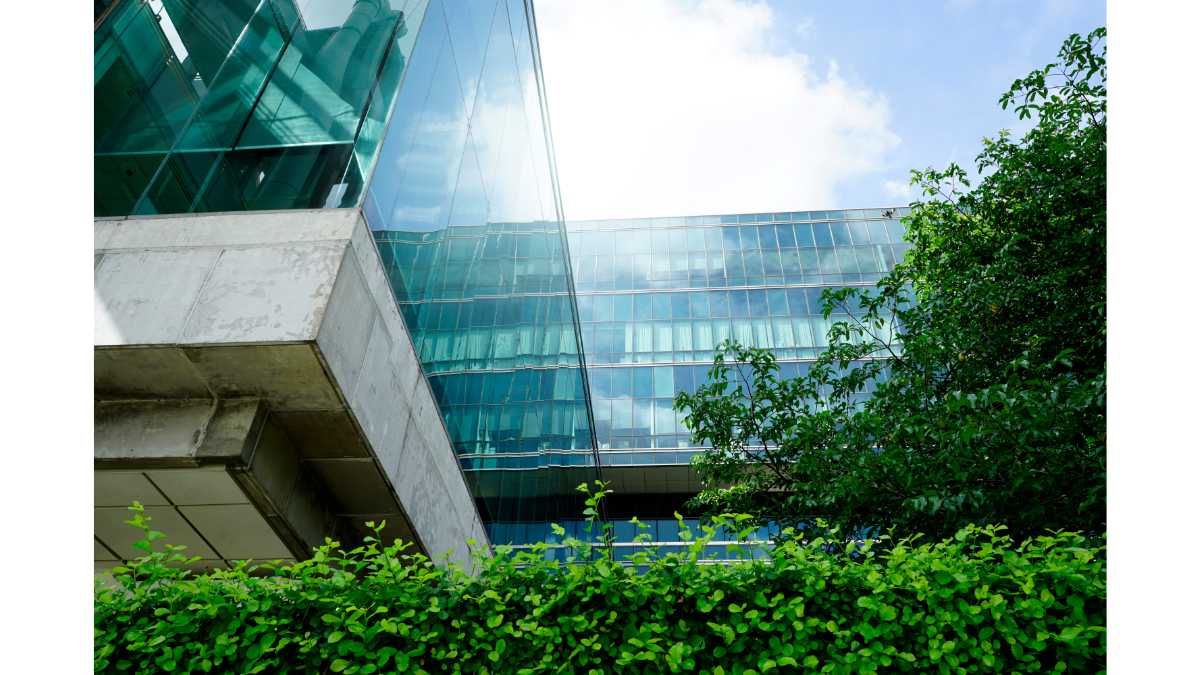









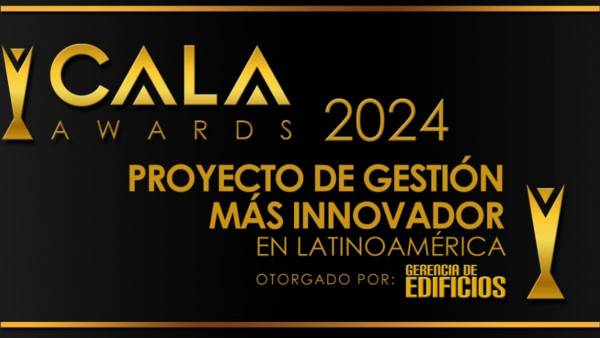
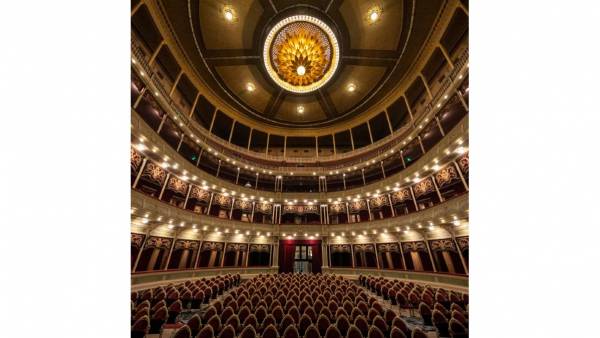
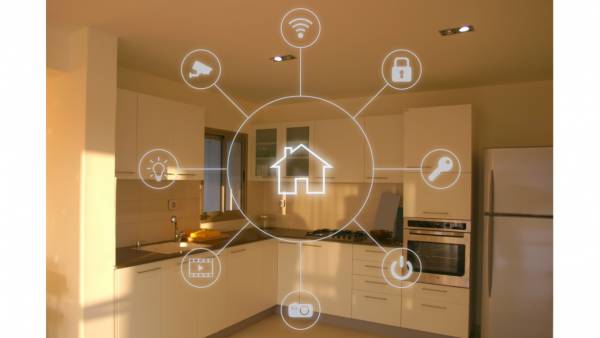

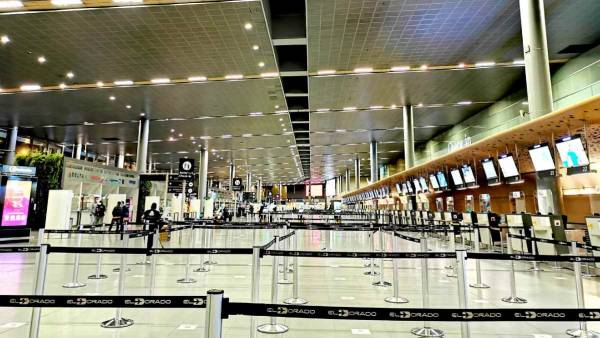









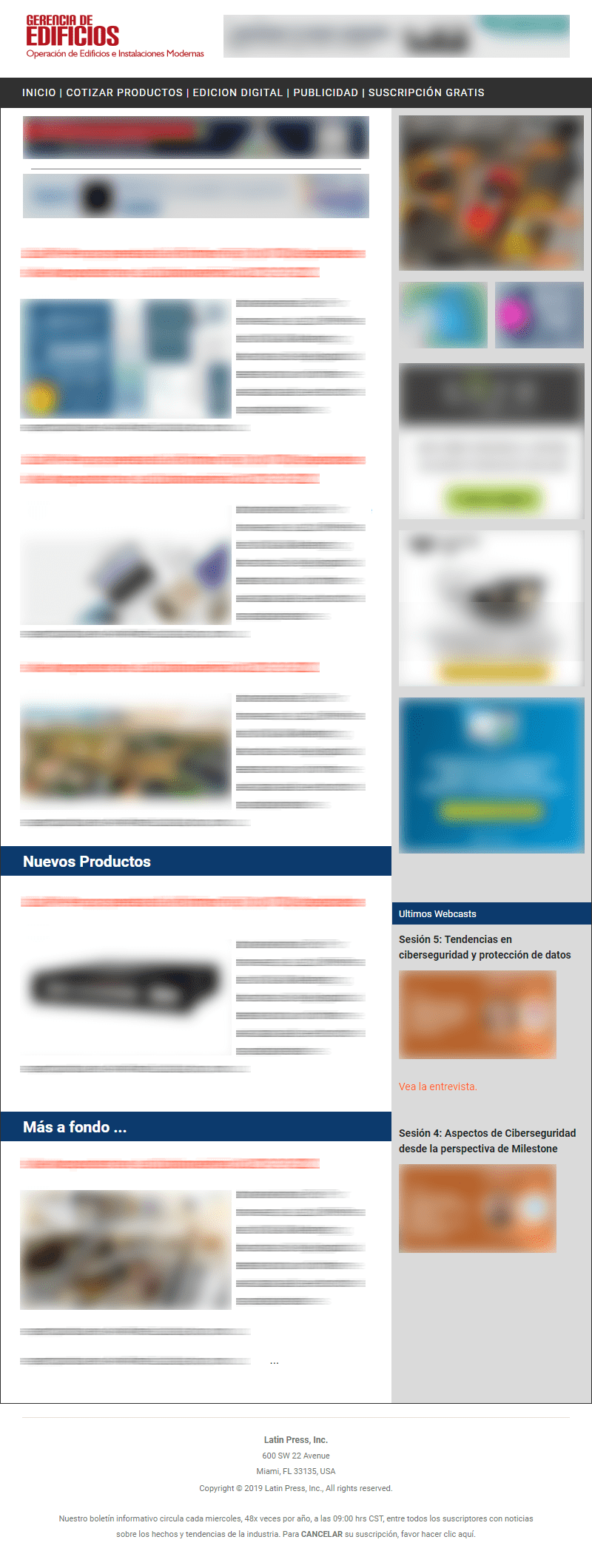
Leave your comment